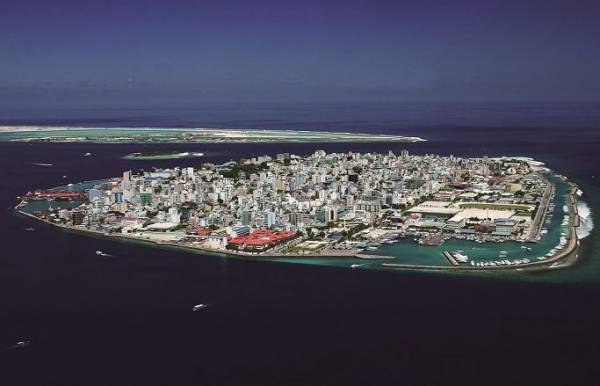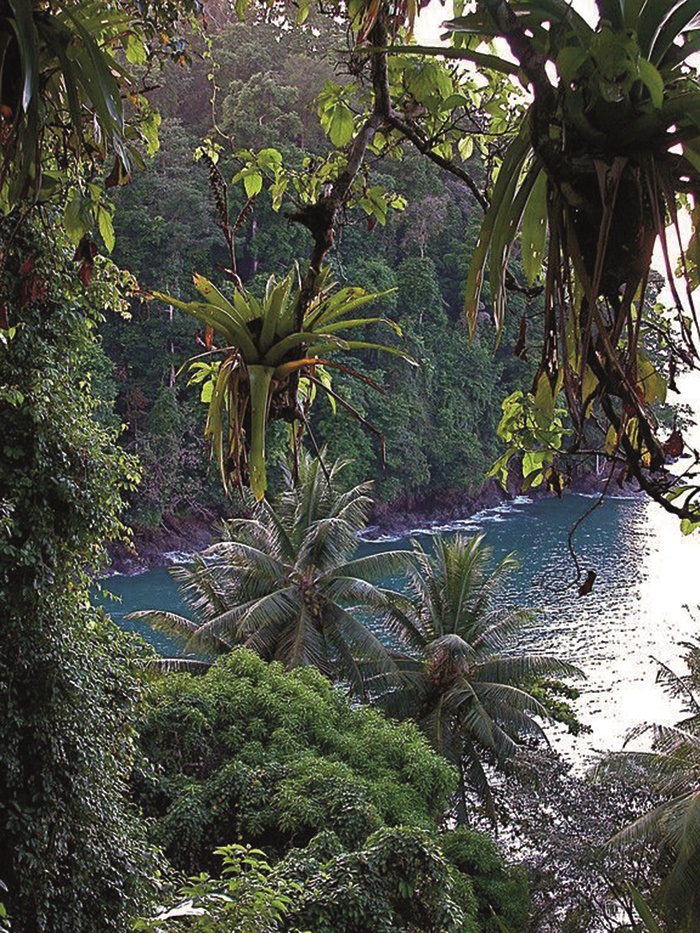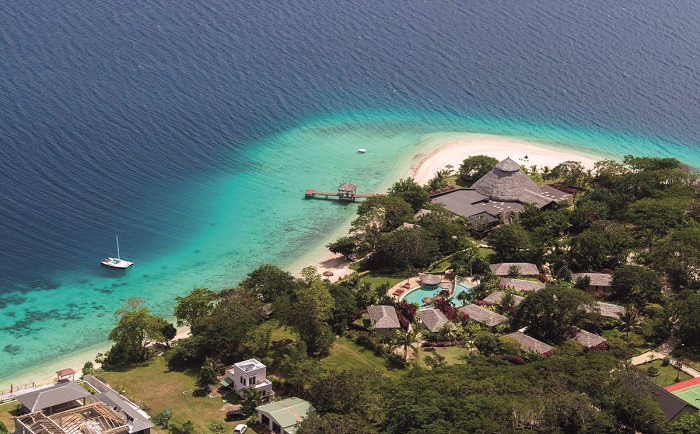Before the airspace race became an obsession of military and economic powers, the oceans were the space par excellence for exchanges between humans, whether of a commercial, cultural, or migratory nature. And the oceanic surfaces, straying from resources of guaranteed value – from hydrocarbons to marine species – have also made an unknown, but no less important, contribution to human generations in terms of climate regulation.
Small Island Developing States (SIDS) have been enthusiastic promoters of the Millennium Development Goals in terms of population growth, resource availability, regional isolation, climate insecurity, and sensitivity to fluctuations in world trade. These lands – located in the Caribbean, the Middle East, the Indian Ocean, the South Pacific, and East Asia – have been called upon in many international forums for their full willingness to adhere to the principles of sustainable development. Despite the increase in social investment in communication, infrastructure, energy and transportation in these areas; Their precarious position in the face of commercial competition and the fragility of their natural means of survival limit the scope of action of local and community governments.
Shocked by the outbreak of the COVID-19 pandemic, the international context has made the environmental, social and economic challenges of the atolls, islets and archipelagos that make up insular geography even more complex. The physical effects of restricted service exports and the collapse of income from mass tourism have limited the ability of small island developing states to import manufactured goods, dissolving issuing markets for trade. and implementation of facilities. Required for digital communication.
According to the Environmental Vulnerability Index developed by the United Nations Environment Programme, SIDS have continuously devoted precious resources to adapting their social and economic structures to climate change. Although they are home to less than one percent of the world’s population and generate one-two-thousandth of the planet’s carbon emissions, island territories are highly insecure with regard to the projected effects of global warming and the consequent increase in ocean level. . In addition to harming fishing, aquaculture, and tourism, greenhouse gases have threatened marine habitats and coastal infrastructure in what environmentalists estimate is just a few decades.
Islanders have cried out on the planet’s stages to protect their vital space, since the United Nations Conference on Sustainable Development in 1992 – the famous Earth Summit – outlined the vulnerability of SIDS to environmental problems and trade shocks. Scale.
Saint Lucia has been recognized by the United Nations Environment Program for its environmental work. Photo: Pinbax Pictures.
This concern of humans for the survival of species in an increasingly hostile socio-ecological context, was ratified during the fifteenth century. COP15 Biodiversity Conference (Montreal, December 3-19, 2022). At this high-level meeting, symbolic global restoration initiatives were outlined, which seek to restore ecosystems with the goal of reversing the planetary crisis caused by climate change, biodiversity loss, and pollution from waste accumulation.
In line with the United Nations Decade of Ecosystem Restoration (2021-2030), these projects are designed to mitigate, on a large scale and in the long term, the degradation of natural spaces on the planet. Said restoration plans for terrestrial and marine ecosystems have been supported by the Inter-Institutional Advisory Group on Small Island Developing States, with full joint activity since the 1990s.
In the face of this environmental and geopolitical scenario, the inhabitants of island nations will be able to aspire to a sustainable future for their lands, through citizen and collective actions that transcend the negligence and denial of a large part of the international community.
The Republic of Vanuatu, among other Pacific archipelagos, has declared a state of climate emergency Photos: Getty Images.

“Unapologetic tv specialist. Hardcore zombie trailblazer. Infuriatingly humble problem solver.”

:quality(85)/cloudfront-us-east-1.images.arcpublishing.com/infobae/E3GX2MDKANFO5MGNGKYLQQVOZ4.jpg)



:quality(85)/cloudfront-us-east-1.images.arcpublishing.com/infobae/UXWYDUR7AZHNZOCISYCCM3SM3M.png)



More Stories
Why Porto Alegre was flooded: causes of the unprecedented collapse that is shaking Brazil
Venezuela condemned the Israeli bombing of the city of Rafah
The Lebanese resistance bombs an Israeli base in the occupied Golan (+ photo)